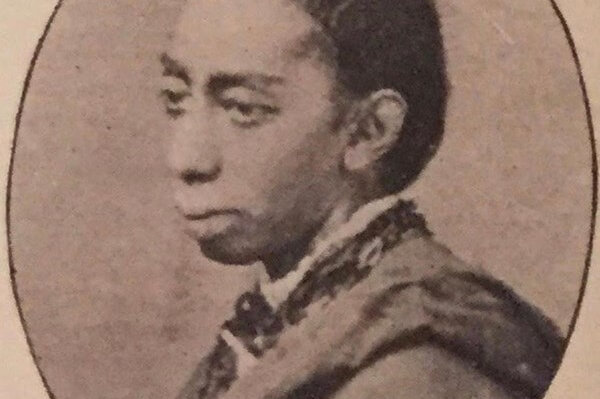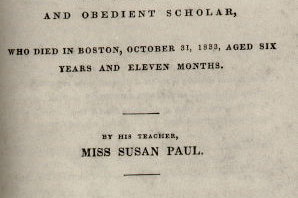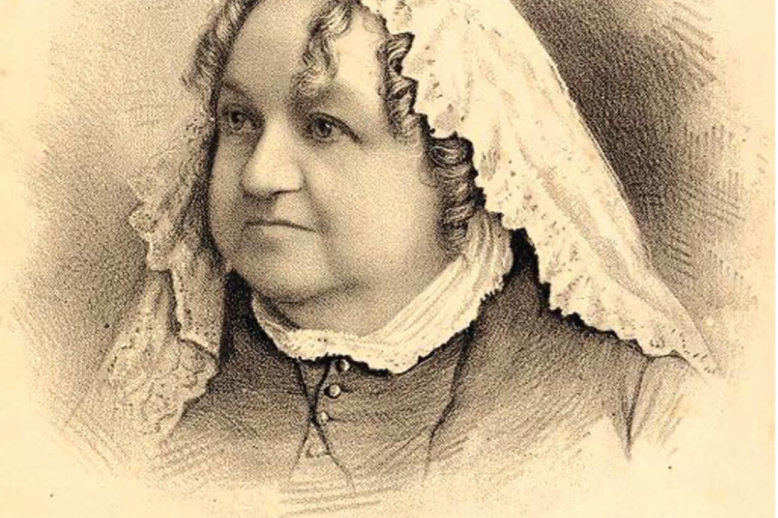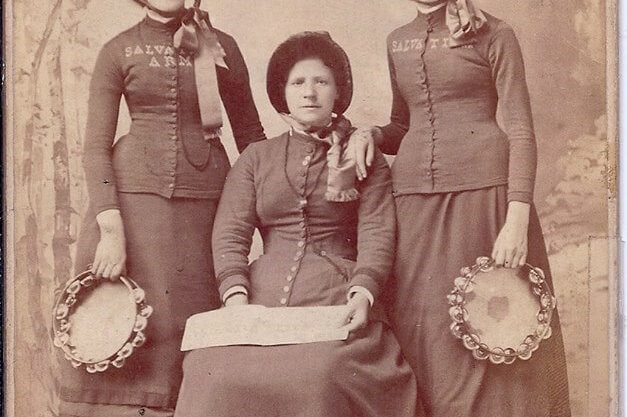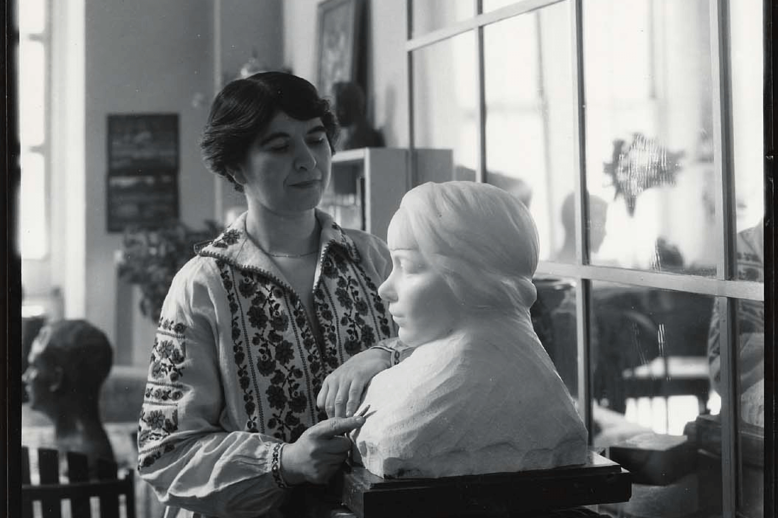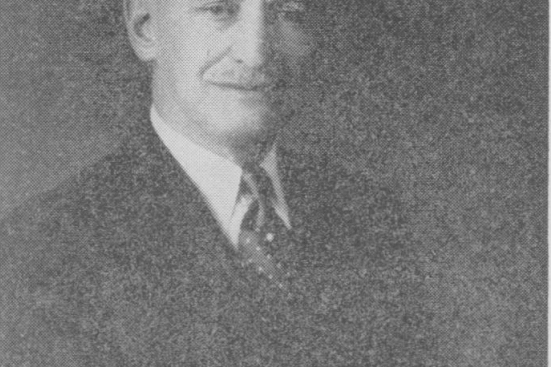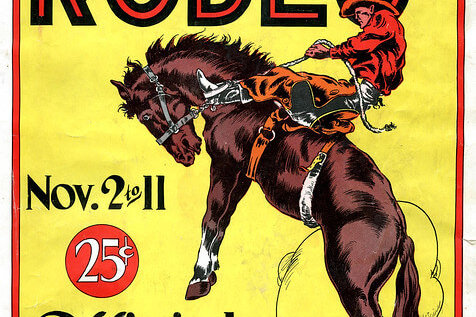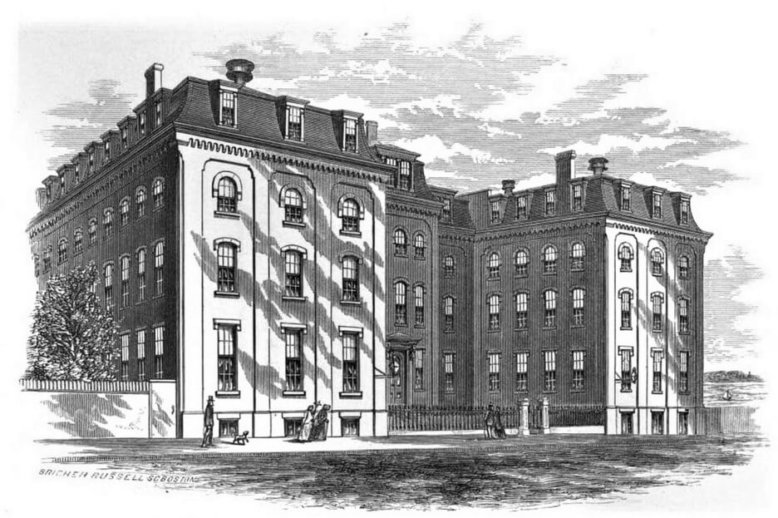Topic: Women
Women’s issues, suffrage, girls, anyone using she/her pronouns
Raised in a West End home which served as a refuge for fugitive slaves, Eliza Ann Gardner learned the power of social activism at an early age. She dedicated her long life to the struggle for abolitionism, women’s rights, temperance, and still managed to run a successful business. She contributed significantly to the transformation of Black women’s roles in churches and public culture, and served as an inspiration to millions around the world, including her younger cousin, academic and civil rights leader W.E.B. DuBois.
Susan Paul (1809 -1841) worked as an abolitionist, educator, and author from the north slope of Beacon Hill in the West End. She fought against slavery in every aspect of her professional life through her education of African American students, the inspirational music performed by her choir, and her landmark work, The Memoir of James Jackson, the earliest known prose narrative and biography by an African American woman in the United States.
In the mid-19th century, Mary Ann Vincent, a popular English actress, arrived in the West End to expand her career. Her reputation for kindness and charity inspired those around her and blossomed into multiple institutions founded in her name, which to this day work to support women with access to advanced healthcare.
As the Salvation Army stormed into Boston to continue its evangelical and humanitarian mission, it chose a location in the West End for its headquarters in Massachusetts. From this initial foothold in the city, the Salvation Army and its leader Annie Shirley withstood the persecution of established churches and angry mobs, and expanded its operations throughout New England. The organization continues to pursue its mission today as one the country’s largest and most visible charities.
Though her humble immigrant background set her apart from her more affluent contemporaries, West Ender Bashka Paeff became a highly regarded member of the national arts establishment.
Dr. Charles Wilinsky, a Polish immigrant who cared for West Enders at his private medical practice, founded the neighborhood’s first dedicated health center to centralize disparate healthcare services and educate West Enders in preventative healthcare practices.
In 1931, just three years after its opening, the Boston Garden hosted a new sports phenomenon sweeping the East Coast; the indoor urban rodeos of the kind produced by entrepreneur and cattleman Col. W. T. Johnson. These rodeos in the West End gave eastern sports fans a rare opportunity to relish in the romanticized cowboy image of the bygone American frontier, while also enjoying skillful, and often dangerous, feats of athleticism. Fans of these rodeos were also witnesses to the emergence of professional female sports and the birth of an organized rodeo profession.
The Home for Aged Colored Women was founded in the historic West End, on the north slope of Beacon Hill in 1860. The organization’s objective was to financially support and house elderly and poor Black women being turned away from existing charitable institutions. The organization raised enough funds to build an institution that served the community through the 1940s.


